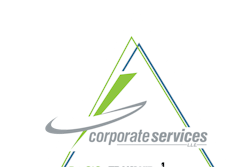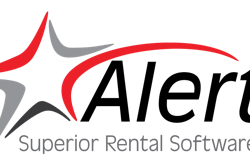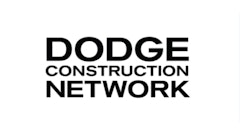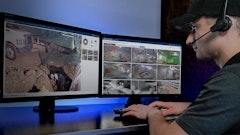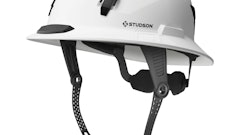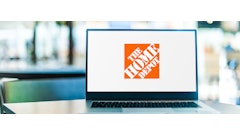
The shelf life of technology continues to shorten as advancements arrive by leaps and bounds in all areas of life. Rental management software is no exception. We asked leaders of some of the most prominent software suppliers in the rental industry which areas of an equipment rental business stand to benefit the most from advancements in management software over the next five years. Here's what they had to say:
Patrice Boivin, Orion Software: We believe management software will be operating on touch screens on mobile devices and at the point of sale. The mouse will gradually be eliminated. Software providers will develop applications that are versatile and adapt to the device used. In the near future, the applications will all be installed in the cloud and the devices used will define how the software interface behaves.
Also, regular customers of rental operations will all have access to a web portal to make reservations, sign contracts and view transactions online. The portal will come with the application as one solution, fully integrated. Rental operators will implement portals customized for each customer in order to provide them an experience that matches the relationship they have. For instance, large construction companies will order their rentals required in the field on a mobile device with their preferred products and prices.
Ray Bonestroo, Genisys: What areas of an equipment rental business stand to benefit the most from advancements in management software will probably be more determined by the capabilities of the hardware available at the time (as the mobile devices get more powerful, become even more durable, etc).
Clark Haley, BCS ProSoft: Mobile computing will continue to lead the charge in advancements in management software. As technology continues to evolve, software publishers will build more mobile technology into their solutions. The end goal is being able perform any task from any device, anytime, and from anywhere.
Most systems today are reactionary, requiring someone to take action when a condition or issue arises. Technological advancements will build more proactive capabilities into the software, allowing the software to monitor, notify and adjust as needed, based upon system activity.
Rob Ross, Alert Management Systems: The mobile revolution continues to drive trends in our industry, from the use of tablets and smart phones, to 'paperless' systems for document-handling and signature capture, to transportation and equipment tracking efficiencies.
Michael Saint, Corporate Services: There will be significant benefit for all aspects of an equipment rental business, such as gathering of utilization data by field personnel, faster and more accurate repair and maintenance status, streamlining of billing information and receivables processing and faster, more accurate reporting for management.
The changes we'll most likely see will be in the expansion of mobile data delivery services designed to gather information on equipment condition, location, movement and operation with less human intervention. Personalized data delivery strategies will continue to improve the ability of management personnel to tailor their feedback needs.
J.J. Shea, Solutions by Computer: Customer service and dispatch are examples of areas that have already seen a lot of advancements. The more dramatic changes going forward are likely to be in managing rates with more fluidity, supporting inventory purchase decisions, and overall fleet management. We also believe that RFID will have a greater role in rental operations after a slow start in the industry.
The caveat with all of this is that it can be tricky to predict the future of computing. Five years is a long time when technology is changing at the speed of light. Even existing technology may be off the radar until it’s repurposed for rental operations. Who would have predicted that RFID tags, once used to track returning aircraft in World War II, would have rental inventory tracking applications?
Rod Theoret, Texada: In some ways the future has arrived, as rental companies can today subscribe to Cloud-based rental systems, use web portals for customer self-service and use web services that integrate to other cloud services. The pace of change is accelerating and in a few years we could see that areas like inventory management will provide improved automation with asset tracking technologies. For example, RFID has been out for many years, but so far it has not delivered on the promise for many companies, based on the lack of tracking reliability and the ROI. Reliability could be improved in the future with technological advancements, such as leveraging ultrasound or infrared to make it possible for asset tracking with 100-percent accuracy.
Other areas of advancement that we're excited about include the ability to integrate with and build upon new platforms solutions such as technologies from Google (Google Glass). In the future, these new technologies could really change how rental operations interact with their system and customers.
Wayne Harris, Point-of-Rental: Knowledge of where equipment is in real-time is important. The price for GPS tracking of equipment and trucks has fallen substantially in the last number of years, making it viable to track large equipment and delivery/service trucks. As that price continues to fall, it will make more sense to track smaller dollar value equipment. Also, as the world becomes more untethered, people expect to do more of their business wherever they are so mobile products can make the lines at the front counter obsolete.
How Rental Management Software Is Advancing Fleet Logistics
How Software Innovations Are Changing Back Office Tasks
The Next Big Software Innovation and Where It Will Lead Equipment Rental
The Customer's Rental Experience of Tomorrow
Management Software Innovations and Its Effects on Inventory Management





